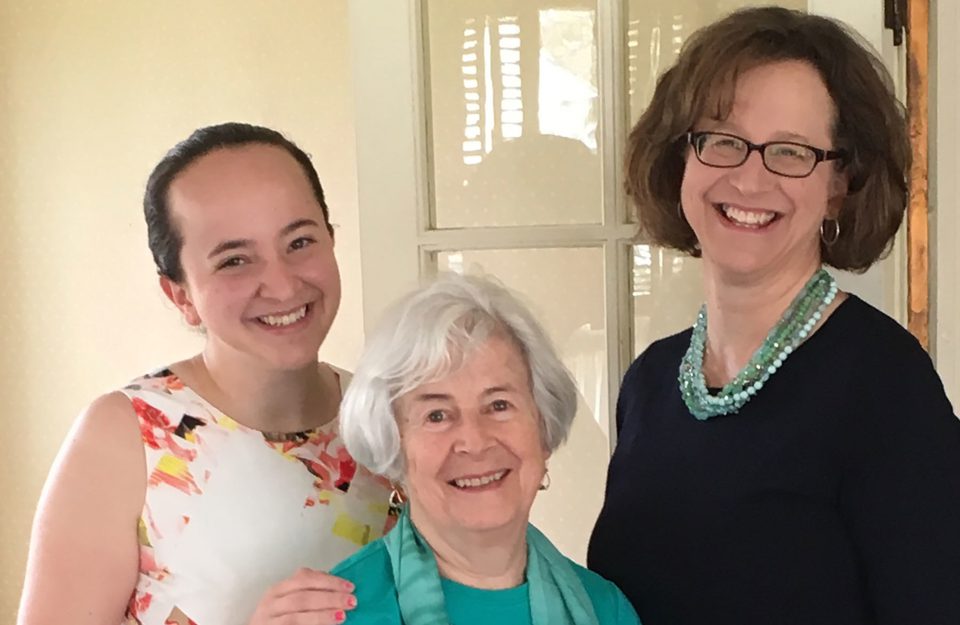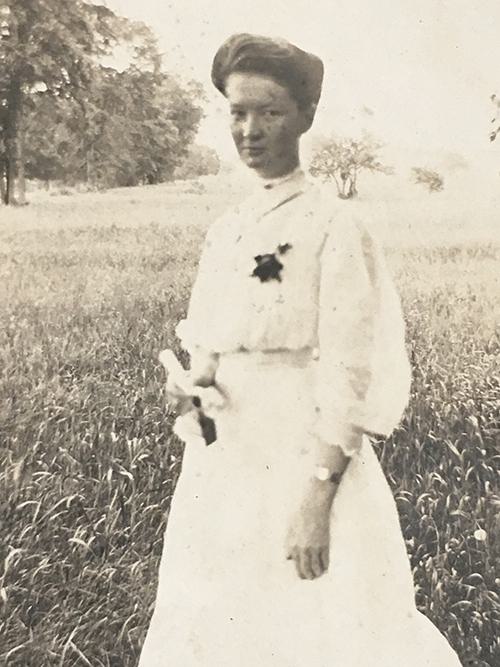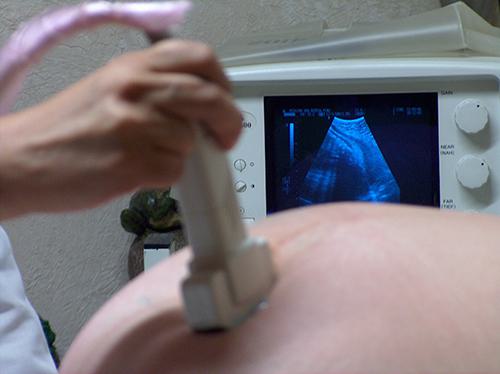Ending a Pattern of Prematurity

Terri Bone supports women’s health research for many reasons, but her biggest motivation is her family. “I want to help advance the research in my generation, so that my daughter or future granddaughter do not have to bring home a fragile preemie and just hope for the best,” she says.
Despite being a healthy woman, Terri delivered two of her three children prematurely. “I’m the mother of three children. My second child was born prematurely and spent time in the neonatal intensive care unit (NICU). My third child was also born prematurely. He was very fragile and had to be resuscitated several times,” Terri shared. The toll it takes on a parent to question whether their child will survive is extremely challenging. “One of the fellows who worked with my son told us that she never expected him to make it. It was a very difficult time.”

After reflecting on her family history, Terri recognized that there was a pattern. “Over the years, I started to realize that there were similar stories like mine in my family. My mom’s mother was born at only three pounds in 1917. She was so tiny, they carried her around on a pillow and hoped for the best,” Terri said. Terri’s mother was also born early in 1940 and Terri herself was born a month early in 1963.
“I’m no research scientist, but I think I see a pattern there. It really shouldn’t have been a surprise that I was going to have premature babies,” she said. But unlike other health conditions, Terri wasn’t aware of her risks with prematurity. “I knew one grandfather died of a heart attack and the other died of a stroke, but I never knew the important women’s health stories in the family,” she said.
About 1 in 10 babies are born prematurely each year in the United States. Babies born prematurely, or before 37 weeks, are susceptible to long term health problems over their entire lives. In about 50% of the prematurity cases, the cause is not known. This is an area of research that desperately needs to be funded to find these answers.
This knowledge motivated Terri to make a difference for the future of her family. “Why did I, a healthy woman, keep having premature babies? I come from a line of strong, smart women who don’t complain about problems, they just solve them. And that’s why 25 years ago, I started funding Magee’s neonatal research,” she said.
Terri’s passion for women’s health research led her to become a board member of Magee-Womens Research Institute (MWRI), the largest independent research institute focused solely on women’s health and reproductive biology. MWRI researchers are working on identifying risk factors in women and, ultimately, preventing premature births.
And they’re making progress. A large part of that success is due to a special research tool that can’t be found anywhere else. The Magee Obstetrical Maternal Infant (MOMI) Database and Biobank is an electronic database of 190,000 deliveries at Magee-Womens Hospital of UPMC since January 1995. Several generations of families are found in this data to help find a predictive model for preventing premature birth and infant mortality. With continued funding, MOMI has the potential to solve generational prematurity patterns found in families like Terri’s.
Terri has a personal motivation for her support, but she also understands the burden these women’s health issues have in the corporate world. As the former Vice President of Finance and Chief Accounting Officer at EQT Corporation in Pittsburgh she observed that the number one health care cost for several years at her company was complications of premature birth. “We tried different campaigns over the years to try and encourage women to get good prenatal care and prevent prematurity. But I worked with lots of strong smart women who already understood the importance of prenatal care, so those campaigns didn’t result in lower costs. Putting that money to better use through research will help us figure out how we can prevent these costs,” she said.

As the leader in women’s health research, Magee has also embarked on a visionary and ambitious mission – The Magee Movement – to raise funds to bring women’s health to the forefront of medical research. From prematurity research to cancer, fertility, infectious diseases, and many other medical disorders, this movement will impact generations of women and men.
Terri encouraged others to get involved. “Please think about the strong, smart women in your life. Likely you’ll see that you, too, have a personal reason or a business reason to support women’s health research. I urge you to get involved with The Magee Movement.”
To support prematurity research and the MOMI Biobank, please contact us at info@mageewomens.org.
Be the First to Know
Get the latest research, news, events, and more delivered to your inbox.